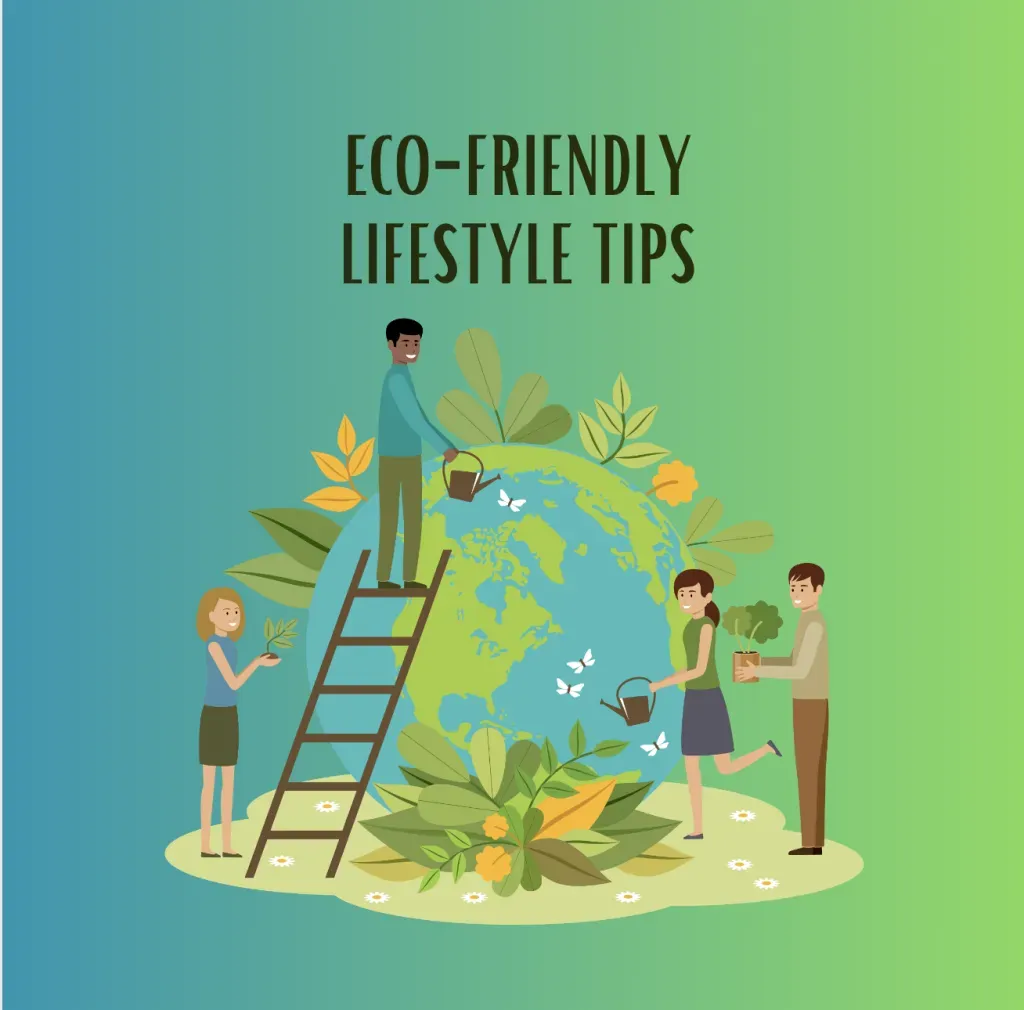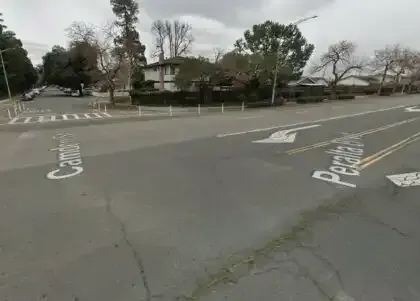In a world where innovation and tradition often collide, understanding the delicate balance between the two becomes crucial. As we navigate through rapid technological advancements, the importance of preserving cultural heritage and values cannot be overstated. This exploration delves into how these seemingly opposing forces can coexist and even enhance one another, enriching our lives and shaping our future. By examining the interplay between modernity and tradition, we can uncover valuable insights that not only celebrate our past but also empower us as we move forward into uncharted territories.
What is Recycling?
Recycling is the process of turning old materials into new products. This helps reduce waste and conserves natural resources. For example, when we recycle paper, we can make new paper instead of cutting down more trees. Recycling is important because it helps keep our planet clean and protects the environment for future generations.
Many items can be recycled, including plastic bottles, glass jars, and metal cans. Each community has recycling guidelines to help people know what can be recycled. By recycling at home, schools, and businesses, we can all contribute to a cleaner Earth and make a big difference together!
Why is Recycling Important?
Recycling is important because it helps reduce pollution. When we recycle, we send less trash to landfills, which can harm the environment. Instead of creating new items from raw materials, recycling allows us to reuse what we already have. This keeps our air and water cleaner and helps protect plants and animals.
Another reason recycling is vital is that it saves energy. Making new products from recycled materials often uses less energy than creating them from scratch. This means fewer fossil fuels are burned, which helps fight climate change. By recycling, we can all help make our world a better place!
How to Start Recycling at Home
Starting to recycle at home is easy! First, you need to find out what materials your local recycling program accepts. Most places recycle paper, plastic, glass, and metal. Next, set up a special bin in your house where you can collect these items. Make sure to keep it in an easy-to-reach spot so everyone in your family can use it!
Once your bin is full, take it to your recycling center. You can also check if your community offers curbside pickup, which means they will collect your recycling right from your home. Remember to rinse out containers before recycling them, as clean items are easier to process and can be recycled more effectively!
Fun Facts About Recycling
Did you know that recycling one aluminum can save enough energy to power a TV for three hours? That’s pretty amazing! Also, recycling just one ton of paper can save 17 trees. These fun facts show how important recycling is for saving energy and protecting our forests!
Another cool fact is that recycled plastic can be turned into new products like clothing, furniture, and even playground equipment! This means that when we recycle, we are helping create new items from old ones. It’s exciting to think about how our recycling efforts can lead to new and useful products!
Recycling in Schools
Recycling in schools is a great way to teach students about caring for the environment. Many schools have special recycling programs where students can learn how to sort materials correctly. By participating in these programs, students can help reduce waste and make their school a cleaner place.
Schools can also organize fun events like recycling contests or eco-clubs. These activities encourage students to get involved and be creative while learning about recycling. By working together, students can help make a big difference in their community and inspire others to recycle too!


